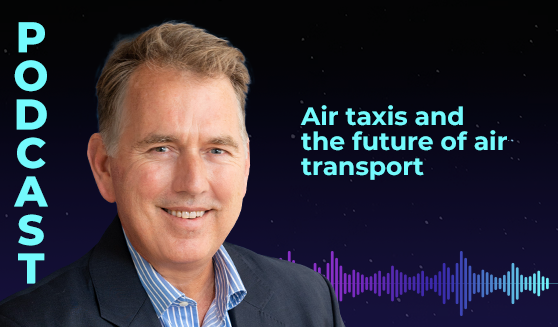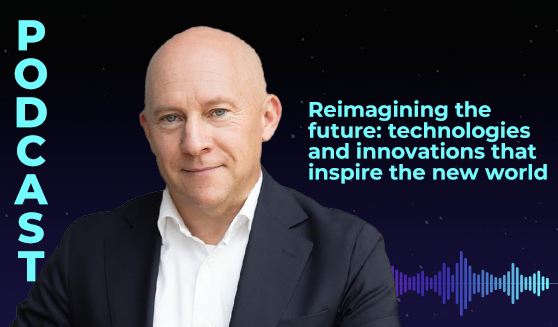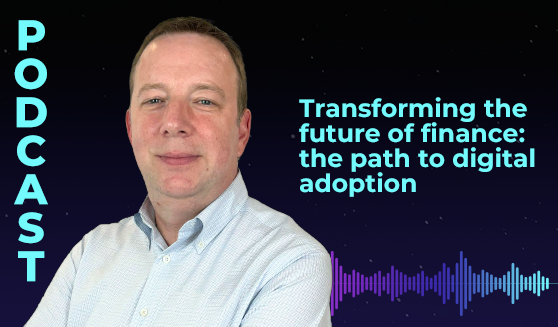
follow us on spotify
Clement Newton-Brown is the leader of the first air taxi infrastructure in Australia and due to serve the Olympic Games 2032 with clean, green electric air taxis.
There is a new revolution in aviation. It might not quite be the Wright Brothers, but with 300 different aircraft in development, a quieter, greener and cleaner wave of air mobility is on the horizon.
Listen along as Clement Newton-Brown, Director & CEO of Skyportz, explains how Australia is pulling the idea of air taxis out of science fiction, and into concrete reality. Clement explains how the advent of air taxis is a small but significant revolution, changing the way people move in a locality and truly decarbonising aviation by providing short hop journeys through environmentally friendly battery power. Understand the ever-developing, radical strategies to establish new landing sites, to support remote communities, and to provide a much friendlier form of flight in comparison to the helicopter.
With a goal to eventually branch out of Australia, Clement provides a keen insight into the role Skyportz is playing in this air mobility transformation.
follow us on spotify








